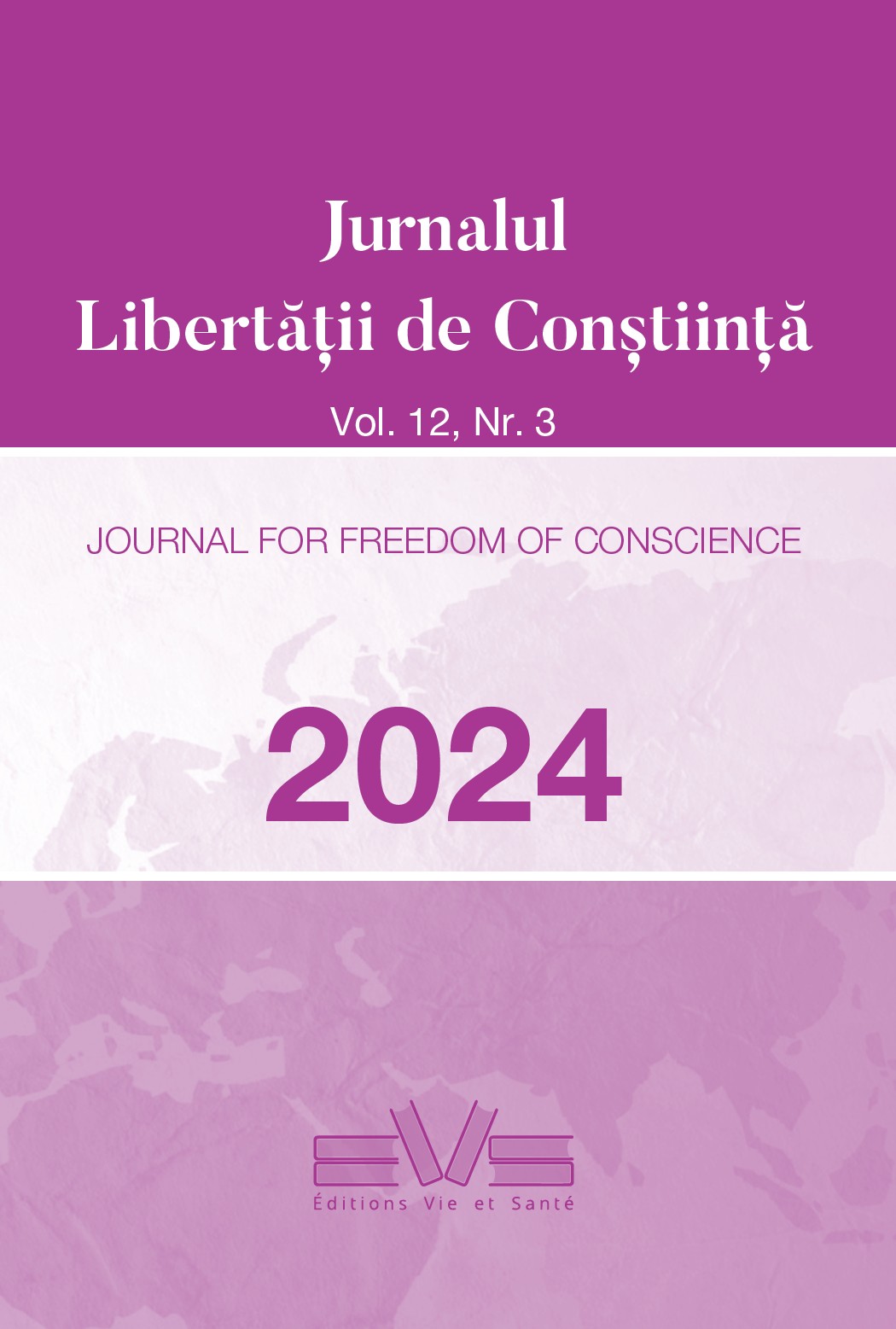ALEGERE FĂRĂ LIBERTATE ȘI CREDINȚĂ FĂRĂ MÂNTUITOR. CRITICILE LUI BERTRAND RUSSELL
Choice Without Freedom and Faith Without a Savior: Bertrand Russell’s Critiques
Author(s): Norel IacobSubject(s): Christian Theology and Religion, Philosophy, Special Branches of Philosophy, Theology and Religion, Philosophy of Religion
Published by: Editions IARSIC
Keywords: Bertrand Russell; freedom; free will; Jesus Christ; moral responsibility; faith and evidentialism;
Summary/Abstract: The study analyzes Bertrand Russell’s criticisms of Christianity, focusing on two major themes: the rejection of free will and the portrayal of Jesus as a morally imperfect figure. The first part explores Russell’s biographical and intellectual context, highlighting the formative influences that shaped his skepticism toward religion and his conviction that reason is the sole valid source of truth. The second part examines Russell’s stance on free will, which he considers an illusion driven by desires caused by antecedent factors, implying that this position primarily reflects a personal inclination based on his methodological presuppositions. The final section addresses Russell’s critiques of Jesus’ teachings,including the alleged major eschatological error and the doctrine of eternal hell, demonstrating that, while influential, these critiques are simplistic when compared to the complexity of the biblical text and its theological context.
Journal: Jurnalul Libertății de Conștiință
- Issue Year: 12/2024
- Issue No: 3
- Page Range: 737-757
- Page Count: 21
- Language: Romanian

